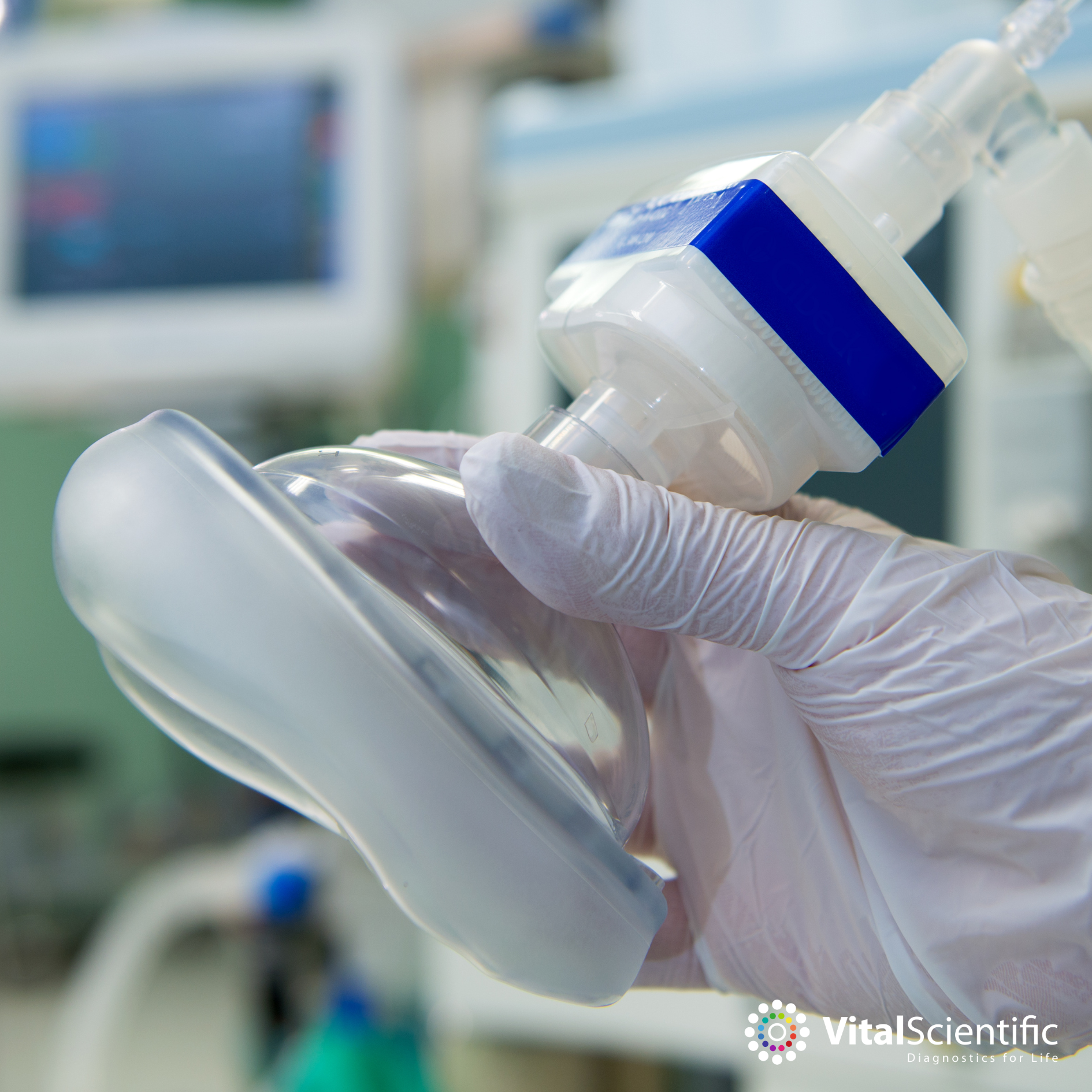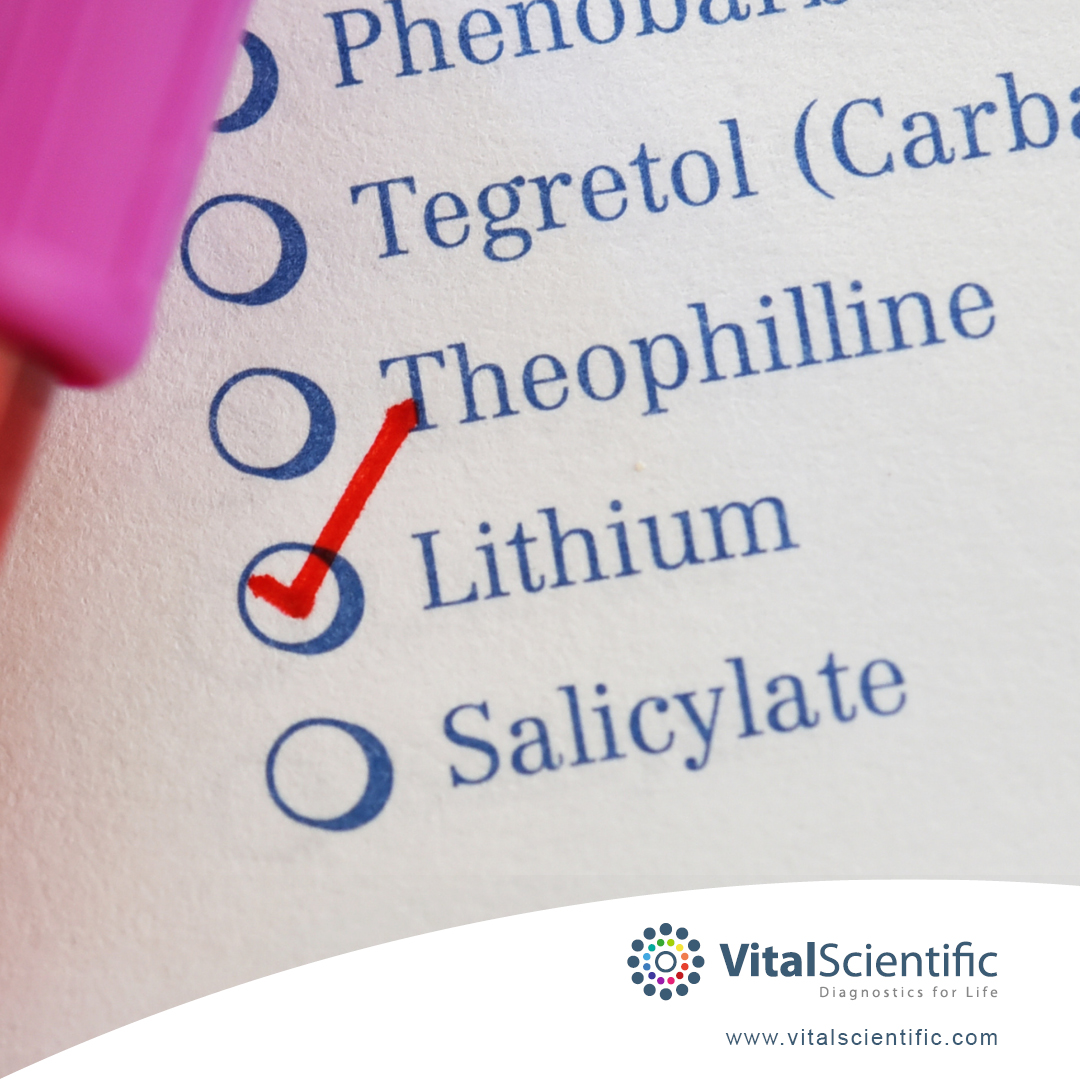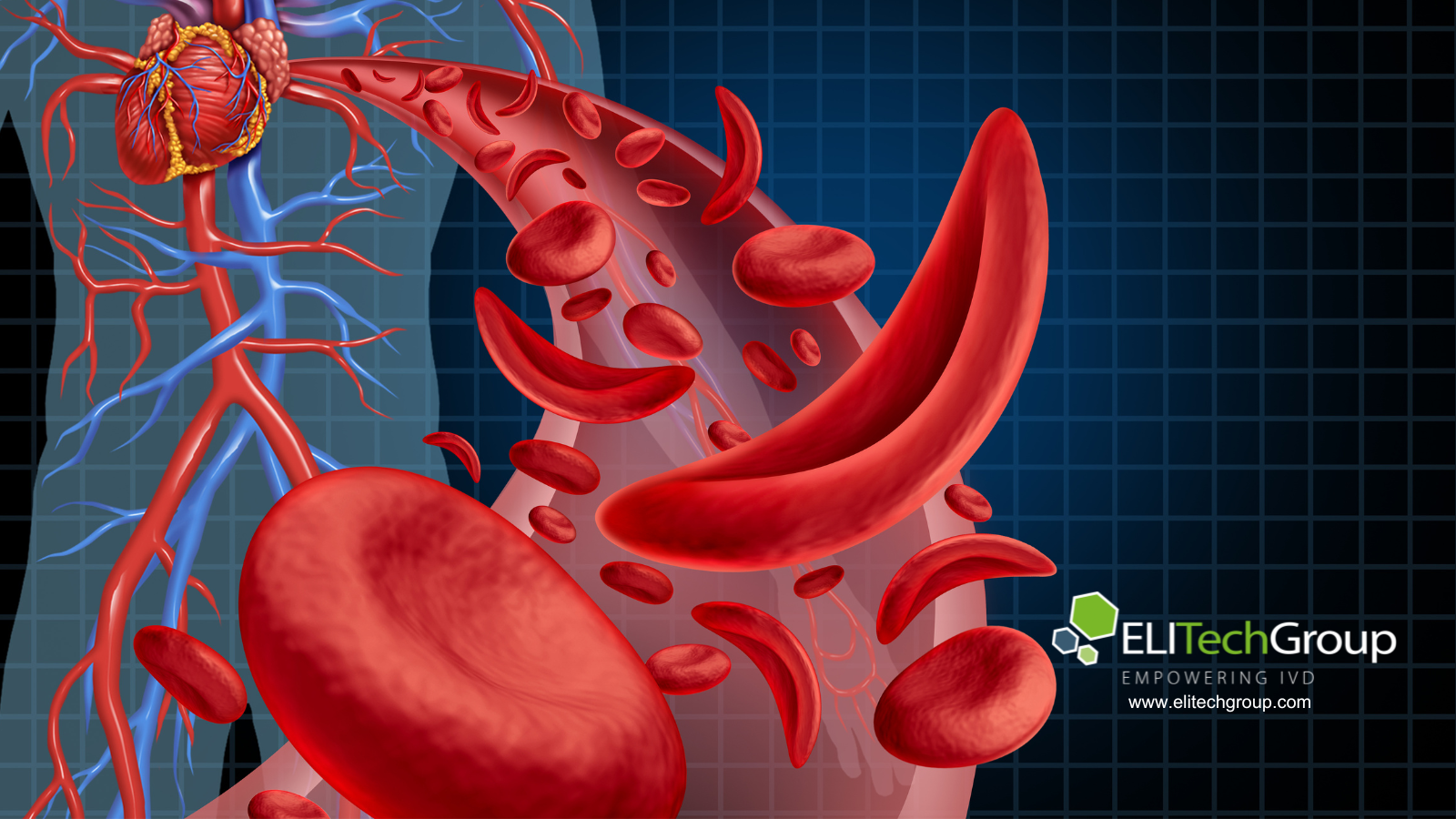Cardiovascular diseases, such as heart disease and stroke, rank as the top causes of death globally. These conditions frequently arise from risk factors like hypertension, elevated cholesterol, obesity, and smoking. Consequently, regular lipid testing is essential for individuals of all ages, particularly those with a family history of heart disease or other risk factors. Early identification of abnormal lipid levels enables healthcare professionals to take preventive measures and manage the risk of developing cardiovascular conditions.
Lipid testing; lipids and lipoprotein particles
Lipids and lipoprotein particles crucially contribute to coronary artery disease and influence inflammatory processes as well as the function of leukocytes, and vascular and cardiac cells, thereby impacting vessels and the heart.(1) Cholesterol and triglycerides are lipids that are insoluble in plasma and measuring lipids, and lipoproteins have been an important focus for both clinical chemistry and clinical medicine for over 75 years.(2) Age, gender, inherited traits, diet, body weight, and physical activity influence lipid levels. However, lipid results on their own do not determine absolute cardiac disease risk. They are just one part of the overall assessment of an individual’s cardiovascular disease risk.
Lipids, including cholesterol and triglycerides, are insoluble in serum. To facilitate their transport throughout the body, they bind with proteins to form lipoproteins. These complex structures are typically categorized into seven classes based on their size, lipid composition, and associated apoproteins. In addition to lipid tests, cardiac enzyme tests are crucial for evaluating heart health.
Tests for Lipid testing
Lipid tests are essential tools for healthcare professionals to assess the risk of a patient developing heart-related conditions. These tests measure various lipid markers, such as:Total Cholesterol: This measures the total amount of cholesterol in the blood, including both “good” high-density lipoprotein (HDL) cholesterol and “bad” low-density lipoprotein (LDL) cholesterol.
HDL Cholesterol: Often referred to as “good” cholesterol, HDL cholesterol helps remove excess cholesterol from the blood vessels, reducing the risk of plaque buildup and blockages.
LDL Cholesterol: Known as “bad” cholesterol, LDL cholesterol can contribute to the formation of plaque in the arteries, leading to atherosclerosis and heart disease.
Triglycerides: These are a type of fat found in the blood that provides energy for the body. High triglyceride levels are associated with an increased risk of heart disease.
Cardiac Enzyme Tests
Total Creatine Kinase and Creatine Kinase MB (cardiac iso-enzyme) – Creatine kinase (CK) is an enzyme found in the heart, brain, and skeletal muscles. Elevated levels of CK in the blood may indicate muscle damage, including damage to the heart muscle. Creatine kinase-MB (CK-MB) is a specific form of CK predominantly found in the heart. Measuring CK and CK-MB levels can provide crucial information about heart health and the presence of cardiac muscle injury, such as during a heart attack.
Lactate Dehydrogenase – Lactate Dehydrogenase (LDH) is a cytoplasmic “housekeeping” protein, present in almost all body tissues/organs. Significant damage to the heart muscle, as may occur in acute myocardial infarction (AMI), will often lead to an increase in LHD, typically on the second day after chest pain, and remains elevated for up to 4 days. In combination with other cardiac enzymes, especially when more specific tests such as Troponin, are not readily available, LDH can assist the clinician in the differential diagnosis of AMI.
Aspartate Aminotransferase Aspartate Aminotransferase (AST) plays an important role in the metabolism of amino acids and as such is ubiquitous. The most common non-hepatic cause of a significant increase in blood AST is cardiac muscle damage due to acute myocardial infarction and myocarditis. With the advent of more specific cardiac markers, the use of AST as a first-line test in the differential diagnosis of AMI has declined, however, when specific markers are not immediately available, the combination of CK, CKMB, LDH, and AST provides evidence of possible cardiac muscle damage.
What is a Lipid panel?
The full lipid testing panel in Clinical Chemistry consists of 5 tests, typically 3 by analysis and 2 by calculation:
- Total Cholesterol – Cholesterol present in all lipoproteins
- Triglycerides – Triglycerides present in all lipoproteins
- HDL Cholesterol – Cholesterol in HDL only
- LDL Cholesterol = Total Cholesterol – (Trig/2.2)-HDL-Chol*
- Non-HDL Cholesterol = Total Cholesterol – HDL Cholesterol (LDL)
*Friedewald formula in mmol/L. Not valid if Trig is > 4.5 mmol/L
VitalScientific’s Selective Detergent Method for HDL and LDL*
VitalScientific’s Selective Detergent Method for HDL and LDL provides an easy-to-use economical solution for the assessment of the risk of cardiovascular disease. The liquid stable reagents are ready to use without additional preparation, and the wide dynamic measuring range reduces the need for repeat testing & dilutions. Onboard reagents and calibration with the combined HDL/LDL calibrator are stable for up to 6 weeks.
By meeting the National Cholesterol Education Program (NCEP)(3) performance specifications the VitalScientific’s lipid reagents provide confidence in reported results.
Measuring Lipids is a core value-adding activity of a clinical laboratory, and laboratories need to be confident in the quality of reported results. For consistent, accurate, and reliable results on the VitalScientific Selectra Family of instruments, System Lipid Reagents, Calibrators, and Controls are recommended. For more information, please visit our reagents page or contact our representative.
- Lipoproteins and lipids in cardiovascular disease: from mechanistic insights to therapeutic targeting; www.pubmed.ncbi.nlm.nih.gov/32730849/
- Advances in Lipid Testing: A Practical Step Forward; ww.academic.oup.com/clinchem/article/62/7/905/5611887
- National Cholesterol Education Program; www.sciencedirect.com/topics/agricultural-and-biological-sciences/national-cholesterol-education-program
*Product availability may be subject to regulatory requirements. Please contact your local representative for more information.
Read more articles
Let us help you
For general inquiries or technical support, please use the link to the right. Click ‘Contact’ to complete a brief online form, and someone will be in touch with you soon.






